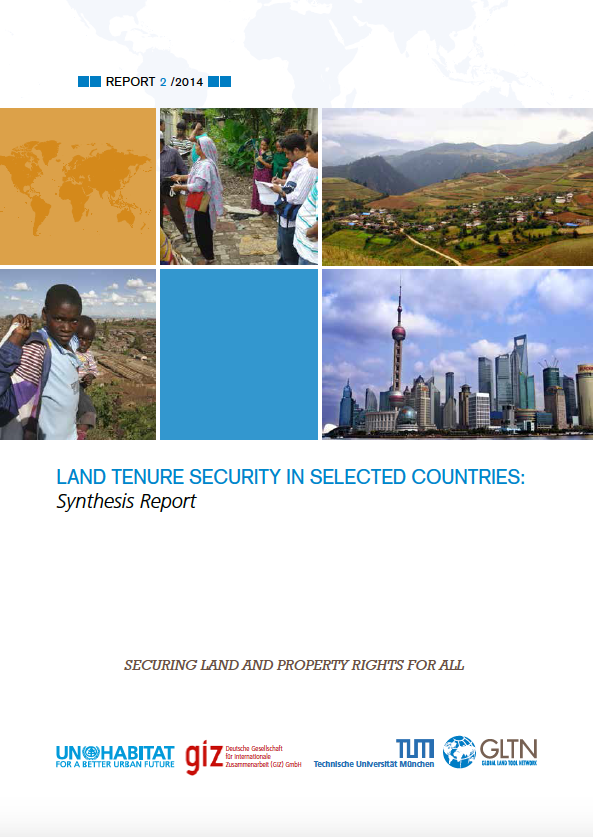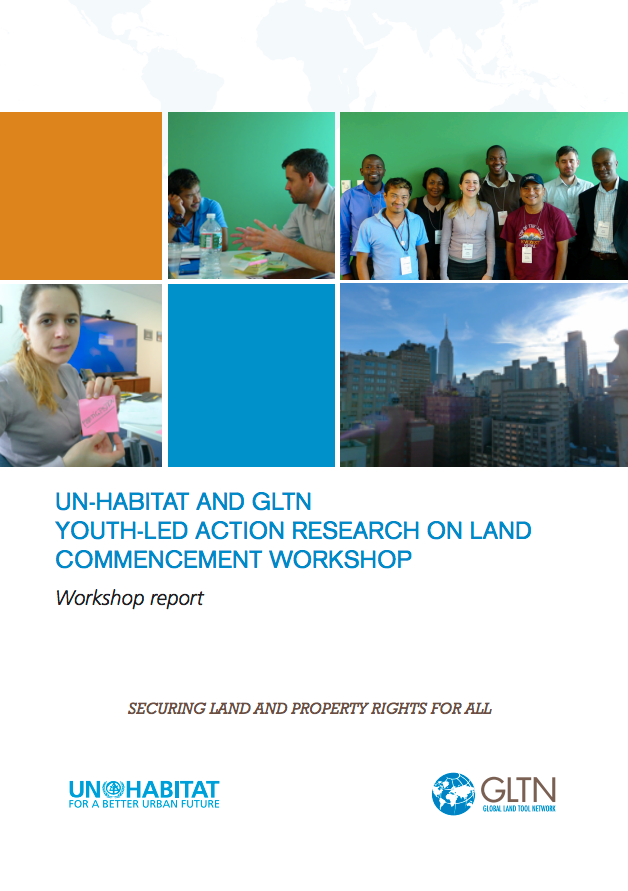Location
UN-Habitat is the United Nations programme working towards a better urban future.
Its mission is to promote socially and environmentally sustainable human settlements development and the achievement of adequate shelter for all. Cities are facing unprecedented demographic, environmental, economic, social and spatial challenges. There has been a phenomenal shift towards urbanization, with 6 out of every 10 people in the world expected to reside in urban areas by 2030. Over 90 per cent of this growth will take place in Africa, Asia, Latin America, and the Caribbean. In the absence of effective urban planning, the consequences of this rapid urbanization will be dramatic. In many places around the world, the effects can already be felt: lack of proper housing and growth of slums, inadequate and out-dated infrastructure – be it roads, public transport, water, sanitation, or electricity – escalating poverty and unemployment, safety and crime problems, pollution and health issues, as well as poorly managed natural or man-made disasters and other catastrophes due to the effects of climate change. Mindsets, policies, and approaches towards urbanization need to change in order for the growth of cities and urban areas to be turned into opportunities that will leave nobody behind. UN-Habitat, the United Nations programme for human settlements, is at the helm of that change, assuming a natural leadership and catalytic role in urban matters. Mandated by the UN General Assembly in 1978 to address the issues of urban growth, it is a knowledgeable institution on urban development processes, and understands the aspirations of cities and their residents. For close to forty years, UN-Habitat has been working in human settlements throughout the world, focusing on building a brighter future for villages, towns, and cities of all sizes. Because of these four decades of extensive experience, from the highest levels of policy to a range of specific technical issues, UN-Habitat has gained a unique and a universally acknowledged expertise in all things urban. This has placed UN-Habitat in the best position to provide answers and achievable solutions to the current challenges faced by our cities. UN-Habitat is capitalizing on its experience and position to work with partners in order to formulate the urban vision of tomorrow. It works to ensure that cities become inclusive and affordable drivers of economic growth and social development.
Members:
Resources
Displaying 126 - 130 of 223Land tenure Security in selected countries: Synthesis Report
It is well recognized that secure land and property rights for all are essential to reducing poverty because they underpin economic development and social inclusion. Secure land tenure and property rights enable people in urban and rural areas to invest in improved homes and livelihoods. Although many countries have completely restructured their legal and regulatory framework related to land and they have tried to harmonize modern statutory law with customary ones, millions of people around the world still have insecure land tenure and property rights.
Securing Livelihoods and Land Tenure in Rural Myanmar
The Myanmar government introduced two new land laws in 2012 as part of an effort to liberalize land markets. This report analyzes the implementation of these laws using theory, field research, and a comparative regional analysis. It also offers recommended interventions.
Securing Livelihoods and Land Tenure in Rural Myanmar
In the context of transition to a more open form of government, the Myanmar government has begun to liberalize land markets and, in 2012, enacted two major land-related laws. Implementing these new land laws has proven challenging, however, as it has been difficult to integrate these laws with the existing customary practices of various ethnic minorities. To address these and other issues UN-HABITAT Myanmar is assisting the Myanmar government in developing a Land Administration and Management Program (LAMP).
Securing Livelihoods and Land Tenure in Rural Myanmar
Executive Summary: "In the context of transition to a more open form of
government, the Myanmar government has
begun to liberalize land markets and, in 2012, enacted two major land-related laws.
Implementing these new land laws has proven challenging, however, as it has been difficult to
integrate these laws with the existing customary practices of various ethnic minorities. To
address these and other issues UN-HABITAT Myanmar is assisting the Myanmar government in
developing a
Land Administration and Management Program
(LAMP).
UN-Habitat and GLTN Youth-Led Action Research on Land Commencement Workshop Report
The land challenge is central to the broader youth dynamics of migration, employment, livelihoods and belonging. The more than 1.8 billion youth living worldwide represent not only a land challenge, but an untapped potential in moving the tenure security agenda forward. Recognizing this, the Global Land Tool Network has partnered with UN-Habitat to develop youth responsive land tools through the Youth-led Action Research on Land program. Five action research projects will be undertaken by youth organizations in Brazil, Kenya, Nepal, Yemen and Zimbabwe.





